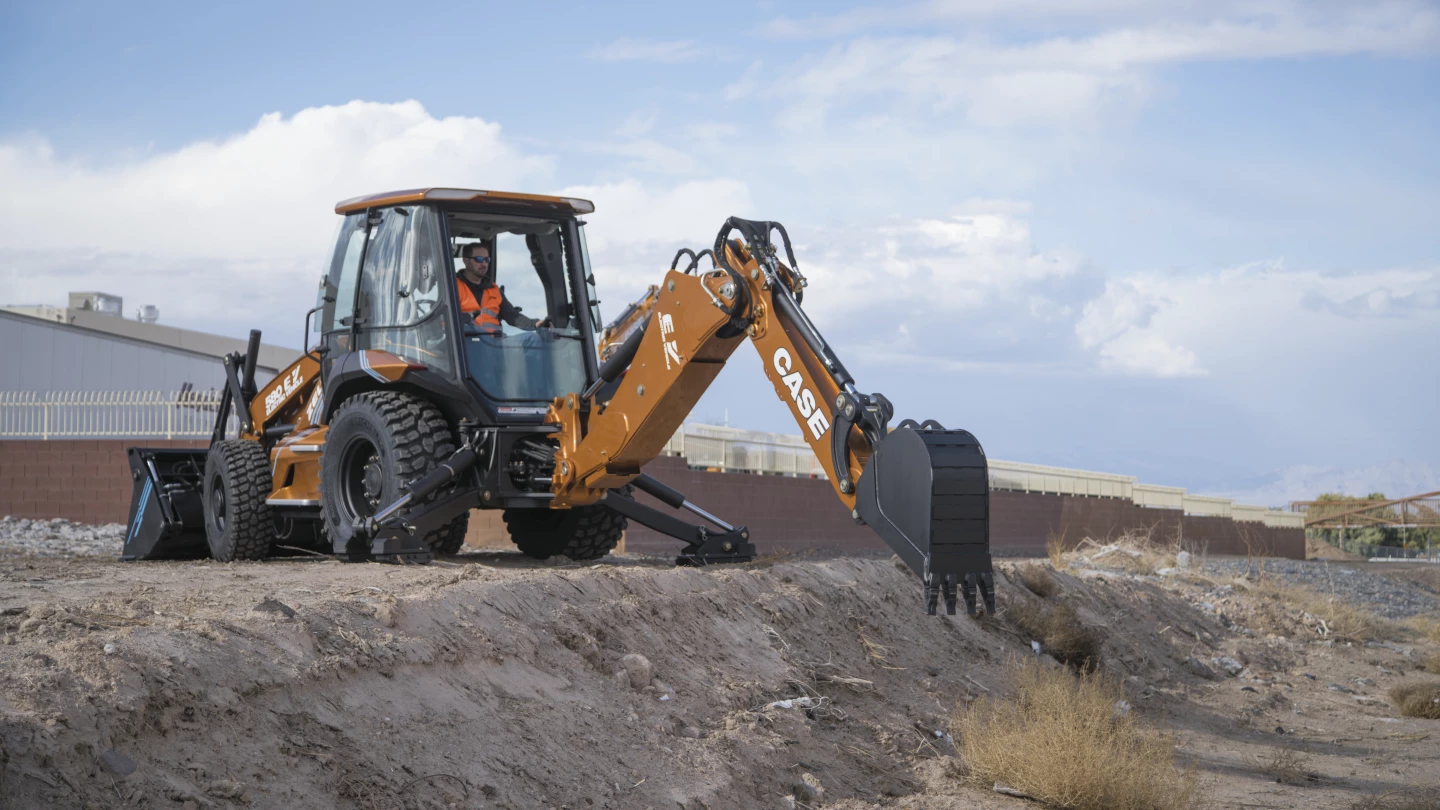While the electrification of cars and buses generate a lot of the headlines around these parts, there are plenty of niche vehicles that are also being steered away from fossil fuels. Offering one example is construction equipment company Case, who has introduced what it bills as the industry's first fully electric backhoe loader.
Called Project Zeus, or the 580 EV, the backhoe is Case's first fully electric vehicle and is powered by a 480-V and 90 kWh lithium battery. That's a far cry from the 600- kWh monster in the world's biggest electric vehicle, but Case says each battery charge will provide enough juice for a typical eight-hour workday, while offering similar performance to a diesel-powered backhoe due to the way power is distributed to the drivetrain and hydraulic motors.
In addition to the environmental benefits, Case says that its electric backhoe could save operators as much as 90 percent on service and maintenance costs, due to the elimination of the complex components in diesel-powered backhoes. No pricing has yet been announced, but Case says while it will be more expensive to begin with, purchasers could make their money back within five years of operation.
“The 580 EV performs like a CASE backhoe — matching the power and performance expected from CASE with the advantages of an electrified machine,” says Eric Zieser, director of global compact equipment product line at Case. “Operators will experience the same digging, lifting and craning performance achieved in a diesel-powered machine in a quieter, emissions-free work area. That’s the ultimate goal of our sustainability efforts — improve the world around us, make equipment more sustainable, and to do so while finding new ways to improve productivity and the experience of the people who use the equipment.”
Case says it has already sold two units to utility companies in the US, and hopes to scale up production as demand grows for its electric backhoe in the coming years.
You can check out the promo video for the 580 EV below.
Source: Case






